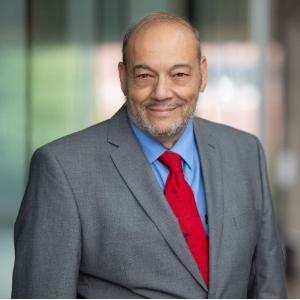Title : Animal audiology
Abstract:
It is estimated that there are 70 million companion dogs and 5 million horses in the United States (American Veterinary Medical Association, 2012). Animal audiology is a relatively new branch of audiology, developing worldwide in an effort to assist pet owners and animal professionals in identification and prevention of hearing loss. Most of the animals likely to be clinically evaluated for hearing status are domesticated mammals, primarily pets, although it is also possible to evaluate reptiles, amphibians, birds, and zoo and aquarium animals with appropriate instrumentation and training.
As is the case for humans, hearing loss in animals may be congenital or acquired. The basic auditory structures of mammalian ears are similar to humans, and disorders affecting the auditory systems of mammals are likewise similar to those known to cause hearing loss in humans.
Although it may appear that with a few modifications to the instrumentation and test protocols routinely used for evaluation of human patients, the expertise of audiologists may be easily expanded to include evaluation of animals, audiologists intending to test animals must acquire a variety of new skills and must thoughtfully modify test methods in order to be successful in evaluation of animal hearing. The clientele for the animal audiologist are veterinarians, breeders, pet owners, trainers, and handlers of working and service dogs, and so the reasons for evaluating animals are inherently different than those encountered when testing human patients.
Audience Takeaway:
- Explain how the audience will be able to use what they learn?
- Animal audiologists teamed with veterinarians can expand the treatment of audiological pathologies. This can serve to raise awareness and clinical solutions for hearing loss.
- How will this help the audience in their job?
- Understanding the audiology and bioacoustics of animals will enhance the quality of life of animals.
- Is this research that other faculty could use to expand their research or teaching?
- Most certainly
- Does this provide a practical solution to a problem that could simplify or make a designer’s job more efficient?
- Unknown
- Will it improve the accuracy of a design, or provide new information to assist in a design problem?
- Maybe
- List all other benefits.
- Extending the working life of working dogs and quality of life of pets and exotic animals in zoos and aquariums.



